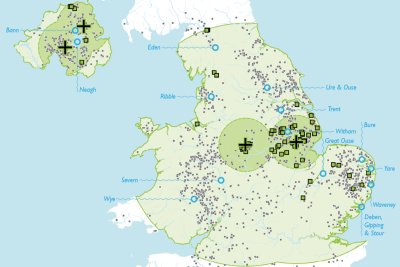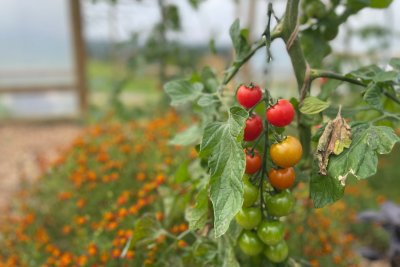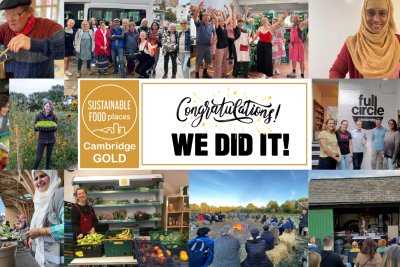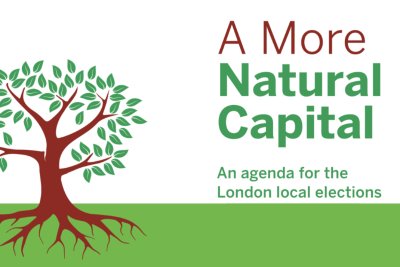News • Climate Change and Nature
Government launches Net Zero Strategy
The Government today (Tuesday 19 October) launched the plan that it hopes will reduce greenhouse gas emissions and reach its net zero target by 2050.

The strategy comes two weeks before the UK hosts the COP26 conference in Glasgow. The conference has been mired in controversy as sponsors complain of mismanagement and leaders from countries with the largest emissions have declined to attend.
Media coverage of the strategy focused on headline grabbing initiatives on heat pumps, energy production and ceasing the sales of petrol and diesel cars by 2030. There was an extra £625m for tree-planting.
In its sector analysis, it included agriculture under the heading of ‘natural resources’. From a current baseline of 20%, it anticipates moving to between 39 and 51% reduction in this sector. The pathway cited increased afforestation and peat restoration, forestry rotation for sequestration, biofuels, reduction in waste emissions. On agriculture, it said emissions are largely from ‘livestock and nutrient management’ and the pathway anticipates a reduction via ‘improved and innovative farming practices’.
Vicki Hird, head of sustainable farming at Sustain said:
"Whilst there is a welcome reinstatement of their commitments to environmental schemes, including agroforestry, this strategy seems to forget in places, what farming needs to do. This is to provide nutritious food for all, alongside protecting nature and reducing our global land take and emissions. The drive for putting so much land into energy crops to feed into, as yet highly speculative and untested, bioenergy with carbon capture and storage, is a risk to all these vital public and private goods".
Ruth Westcott, Climate Campaign Co-ordinator for Sustain continued: “This strategy describes itself as 'a plan to decarbonise all sectors of the economy', but the single greatest source of global emissions - our food system – barely gets a mention. We can forget limiting warming to 1.5 degrees without a proper strategy to change the way food is produced and our diets. As a quick win, and needing only tweak to existing regulations, the Government could make climate-friendly diets the norm in public sector food. They could also incentivise food businesses to sell more food that is better for the planet including more vegetables, pulses and only better-produced meat, and start properly tackling food waste at its source.
“The National Food Strategy published in July this year presented excellent analysis of these issue and we look forward to the government’s White Paper in response. Expected in early 2022, it is crucial that this White Paper goes further than this net zero strategy, and proposes proper new policies to create a food system which is better for our health and the planet.”
The full Net Zero Strategy is available here and the Treasury's assessment of costs is here
Published Tuesday 19 October 2021
Climate Change and Nature: Sustain has taken a keen interest in the rapidly accumulating evidence about the effect of food and farming on climate change and nature, as scientific evidence emerges that our food system is a very significant contributor to greenhouse gas emissions and biodiversity loss.





